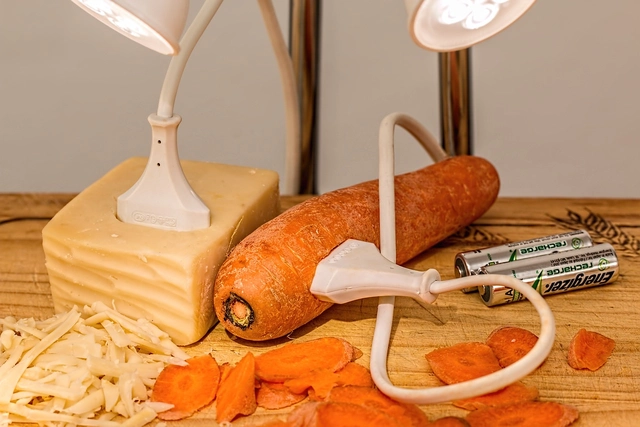Fun Science Experiments for Kids
Exciting and Educational Science Activities for Young Minds

1. Volcano Eruption
Create an explosive volcano eruption using common household items like baking soda, vinegar, and food coloring. This classic science experiment demonstrates chemical reactions and provides a visual spectacle that engages children in learning about acids and bases. The eruption can be easily controlled and repeated for endless fun.
2. Rainbow in a Jar
Explore the concept of density by creating a colorful rainbow in a jar. Layer different liquids such as honey, dish soap, water, and oil, each with varying densities, to see how they separate into distinct layers. This visually appealing experiment helps children understand how density affects the behavior of liquids.
3. Invisible Ink
Create secret messages with invisible ink using lemon juice or baking soda solution. When the message is written on paper, it remains invisible until heated with a light bulb or iron. This experiment introduces children to the concept of chemical reactions and how heat can reveal hidden information.
4. DIY Slime
Make your own slime using simple ingredients like glue, baking soda, and contact lens solution. This hands-on activity teaches kids about polymer chemistry and the properties of non-Newtonian fluids. The experiment allows for creativity in adding colors and textures, making it both educational and enjoyable.
5. Floating Egg
Investigate buoyancy by making an egg float in water. Dissolve salt in water to increase its density, allowing the egg to float. This experiment demonstrates principles of density and buoyancy, providing a clear and engaging way to understand these fundamental scientific concepts.
6. Magic Milk
Create a colorful reaction in milk using food coloring and dish soap. The soap breaks down the fat in the milk, causing the colors to swirl and mix. This experiment visually demonstrates surface tension and the interactions between different liquids, making it a captivating learning experience for kids.
7. Static Electricity Butterfly
Explore static electricity by making a paper butterfly flap its wings using a charged balloon. Rub the balloon against a sweater or hair to build up static charge, then hold it near the butterfly cutout. This simple experiment illustrates the principles of static electricity and its effects on objects.
8. Giant Bubbles
Create giant bubbles using a homemade bubble solution and a large wand. The solution can be made with water, dish soap, and corn syrup. This experiment allows children to observe the properties of surface tension and experiment with different wand shapes and bubble sizes for extended fun.
9. Grow Crystals
Grow beautiful crystals using a simple solution of water and salt or sugar. As the solution evaporates, crystals will start to form. This experiment helps kids understand the process of crystallization and provides a visual representation of how minerals can grow over time.
10. Homemade Lava Lamp
Create a homemade lava lamp using a bottle, water, vegetable oil, and an effervescent tablet. When the tablet is added, it creates bubbles that move through the oil, simulating the effect of a lava lamp. This experiment demonstrates the principles of density and gas release in a visually engaging way.
keywords: Science Experiments; Kids Activities; Educational Fun.